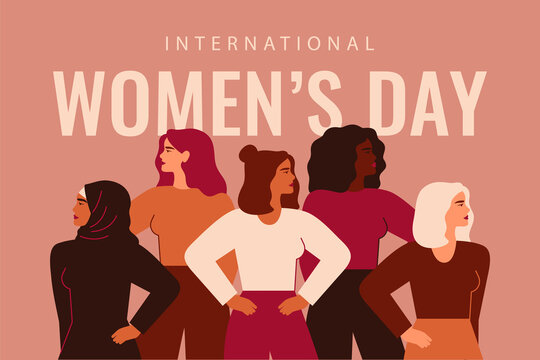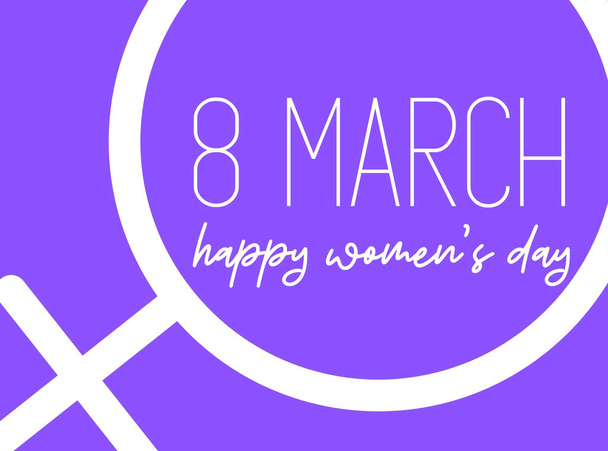The Way We Are

It’s that time again—time to put the spotlight on women. It seems that thinking about women in a deeply consequential way is reserved for one day in the year. The rest of the time, it’s business as usual. But there doesn’t need to be a lot of hyperbole about women, their specialness, and their gifts to humankind. Nineteenth century society did that already. At that time, women were considered delicate and precious, genteel creatures incapable of participating in public life. They were unique beings to be kept under wraps, their anatomical parts not to be seen or spoken about. In this regard, you may read with amusement linguist Albert Marckwardt’s observation in his book American English, in which he tells us that at one time people were reluctant to say the word “leg” because it was a part of the female anatomy. So instead of chicken leg, they created the word “drumstick.” Remember that next time you eat a drumstick at KFC. Of course, nowadays, when it comes to women’s bodies, there’s no hiding behind euphemisms. Anything goes: nothing is left to the imagination.
It would be good, though, if there were a normal and pervasive consciousness of women’s value all year long, not just on one day. This month brings us to that one day again. March 8 is International Women’s Day, a day to reflect on the “social, political, economic, and cultural accomplishments” of women worldwide. The day will be observed around the world with seminars, conferences, debates, and social gatherings. These meetings will, no doubt, single out women speakers who are educators, television personalities, entrepreneurs, , politicians, artists, and writers, who will encourage their listeners to pursue equality in all their spheres of influence.
But when the day’s celebration is over and the emotions subside, we will still be left with one question to ponder: How is it that the subjugation and abuse of women still exists in a world where there are so many high-profile women in powerful positions? The name Mahsa Amini should be familiar to all of us by now. On September 16, 2022, Mahsa died in a hospital in her homeland under suspicious circumstances. She had been arrested and brutally beaten for not wearing her hijab, the head covering, in accordance with the government standards. The protests that erupted in her home country after her death received worldwide attention, and both women and men joined in condemning the atrocity. Consider this. In March 2022, International Women’s Day was celebrated with much fanfare. In September 2022, Mahsa Amini died a brutal death, a victim of women’s subjugation.
In that same year, Afghan women were banned in their own country from going to university to pursue higher education, and girls there will no longer have access to secondary schooling, no education beyond grade school. Even female AID workers who are doing a great service to the country are subjected to the pervasive repression. So, while with great enthusiasm we anticipate the celebration on March 8, the reality is that much more needs to be done to make the occasion a truly international day of celebration for all women in all places, shining a spotlight on their their significance and their value.
The kind of ruthless behavior exhibited toward women in some societies may be seen as extreme from our Western point of view, where women can exercise their rights without fear of physical reprisal. And we can be grateful that ours is a different era from that in 1908 when 15,000 women marched through the streets of New York City, demanding better pay and voting rights. They got involved and achieved results. Thanks to them and others like them. This year on March 8, as we wear purple, the official Women’s Day color, signifying justice and dignity, let us broaden our perspective to think of and pray for the women who, in many places in the world, have yet to experience justice and dignity in their lives and in their land. Let us work for the day when those with the power to act will heed the prophet Isaiah’s call to “let the oppressed go free” (Isa. 58:6) and allow women everywhere to realize the benefits of equity.
Blessings,
Judith
Wear Purple on March 8.
Embrace Equity

4 Comments
Ouida E. Westney
Thank you for your blog on women’s performance and potentials. It is so relevant for today – International Womens’ Day – and beyond!
Judith Nembhard
Thank you for reading my blog, Ouida. Women’s value is recognized in many places.
It would be great if that truth existed for all women in all places. Perhaps one day.
Did you remember to wear purple? Thanks for your comment. JN
Doreen Thompson
Judith, obviously you’re so right, women have made some progress especially in Western societies and specifically among some cultures. Helas, what we always think about women and how we really treat women and all other minorities has gone underground, into the cellar, ready to raise it’s ugly head when the right person and the opportune time comes along. Burial places can be deep or shallow since it’s mainly prescribed by the power brokers. Point of fact, consider the reactionary movements today regarding people’s rights: anti-semetic, anti-racial equality, anti-LGBTQ, anti-ableism, anti-seniors, ad nauseam.
If I sound negative, then so be it. As you well know, there are many ways to skin a cat!
Lately, we are sliding down the elevator shaft with women’s rights and all the other constituents to a point of no return. Even so, come Lord Jesus. Sorry, we’re running out of time.
You’re doing a great job whipping up the restive mind, and at the same time giving thanks for belated small mercies dished out from the other side.
And I have to go to the store now.
Judith Nembhard
Hello Doreen,
What a joy hearing from you! I’m just now seeing the notification for your comment. You hit on all areas of our cultural faultline. I liked what you said about “running out of time.” This is so true. The world’s madness cannot last much longer. Yet we have to persevere and, of course, not forget to give thanks, because, no matter what is happening around us, there is a center that will always hold.
Thanks for your insightful comment. Be watching for the next post on April 1. JN